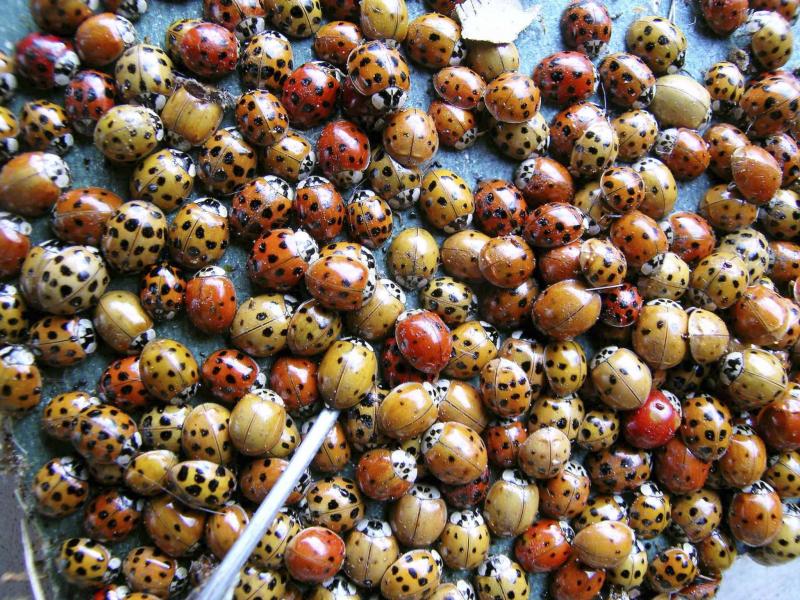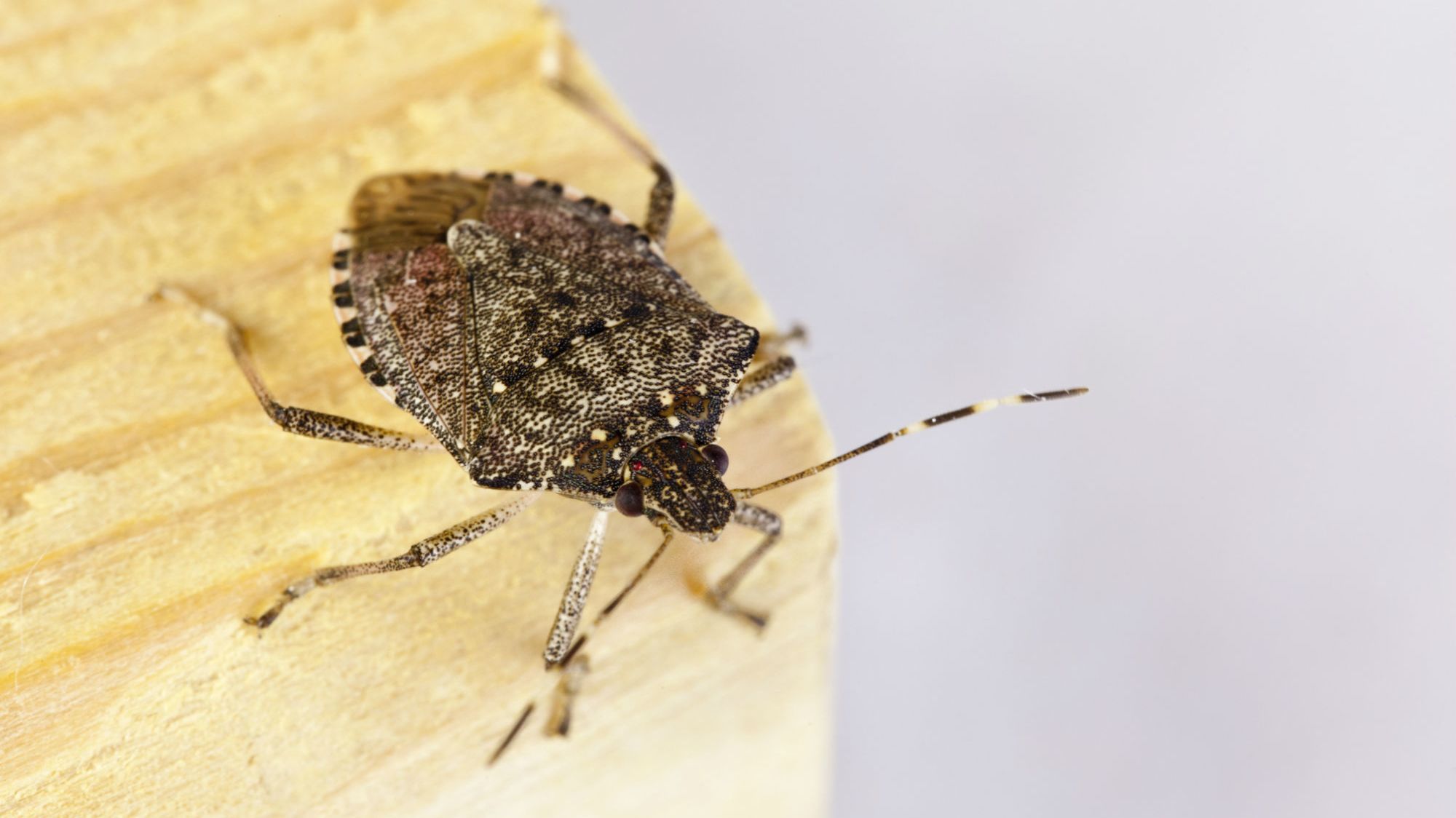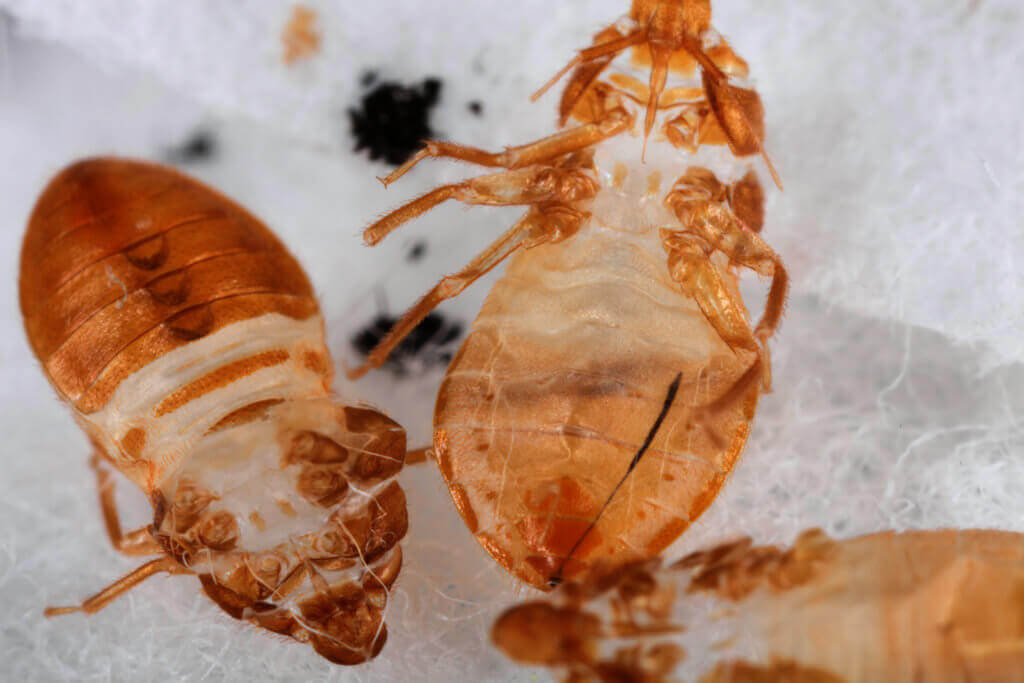

Their alarm pheromones smell similar to their regular scent, but contains different chemicals that the bed bugs can pick up on. This helps as many as possible to escape before they’re caught or eaten. The point is to ‘tell’ other bed bugs that something bad is happening, so they better run. They’ll release them when their harborage is exposed, for example, by you flipping the mattress over. But what about when you kill them, do they produce a scent then?īed bugs use ‘alarm pheromones,’ which they release when they sense they’re in danger. And to help themselves find their way back ‘home’ again, i.e., the underside of your mattress, they surround the area with a strong and unique scent.

Part of what lures them to you, for example, is the smell of your skin. Just buy new sheets.īed bugs use smell to help them understand the world. If nothing you try works, don’t waste any more of your time. You might find that even this won’t get the stain out. If the stain is an old one, use a pre-treatment stain remover to loosen the blood and dab on a small amount of ammonia with a Q-Tip before laundering.Then rub it with soap until you’ve made a small amount of lather before laundering. If the stain is fresh, wet the area with cold water to make the stain easier to scrub.If that’s the case, go through the following procedure. But if you wake up and you’ve crushed a bed bug by accident, there isn’t anything you could have done to avoid that. Ideally, you should avoid crushing bed bugs so that you don’t make stains like these. There may also be some blood that they’ve started to digest, which is darker and thicker. This stain is blood that they’ve eaten and was about to digest. If you pop a bed bug, they leave a stain behind. You should use a spray instead, because it takes much less time and is effective against adult bed bugs too. However, it’s important to emphasize that killing bed bug eggs by squeezing them is inefficient. However, if you do want to squash bed bug eggs, you can squash them where they were laid.

This makes it difficult to pick them up to squash them. And when they lay them, they use a glue-like secretion that will cement them in place on fabric, wood or other material. That’s because bed bugs lay their eggs somewhere hidden, so that the eggs won’t be disturbed. The only issue is that bed bug eggs are difficult to pick up from or scrape off of a surface. They squash just like young bed bugs do, and it doesn’t take much effort. Nymphs are even easier to crush, because they haven’t yet developed a thick shell. But once they’ve fed, they’re about as easy to squash between your fingers as a cooked bean or pea. Before they feed, their shells are almost like a fingernail, which makes it tough to crush them. To accommodate all their food, this rear part of their body is nowhere near as rigid, which makes it easy to burst.Īfter they feed, then, they become easy to pop. It would be like if your belly could expand to a hundred times the size when you ate. When they feed, the back half of their body expands so that they can drink more and more. However, the rear section of their body is more flexible. The fact that it’s inflexible is why they have to shed their shell so frequently throughout their lives as they grow. It gives their body structure, and is hard enough to last through a fight. That’s because their shell is an ‘exoskeleton.’ Insects have a hard casing that acts almost as the human skeleton does. Do Bed Bugs Have Hard Shells?īed bug shells are relatively rigid. Have you ever woken up in the morning, knowing you’ve been bitten by bed bugs? And when you lift the sheet, there’s a big smear of blood-not just drops, but quite a lot? That’s what happens when you squash a bed bug that’s just fed. In fact, you might have noticed this happen before. But if they’ve just fed, you can pop them easily.

A bed bug that hasn’t fed for a long time has a hard shell, which makes it difficult to squash. Do bed bugs pop when you squeeze them? Whether you can squeeze a bed bug or not depends on whether they’ve recently fed.


 0 kommentar(er)
0 kommentar(er)
